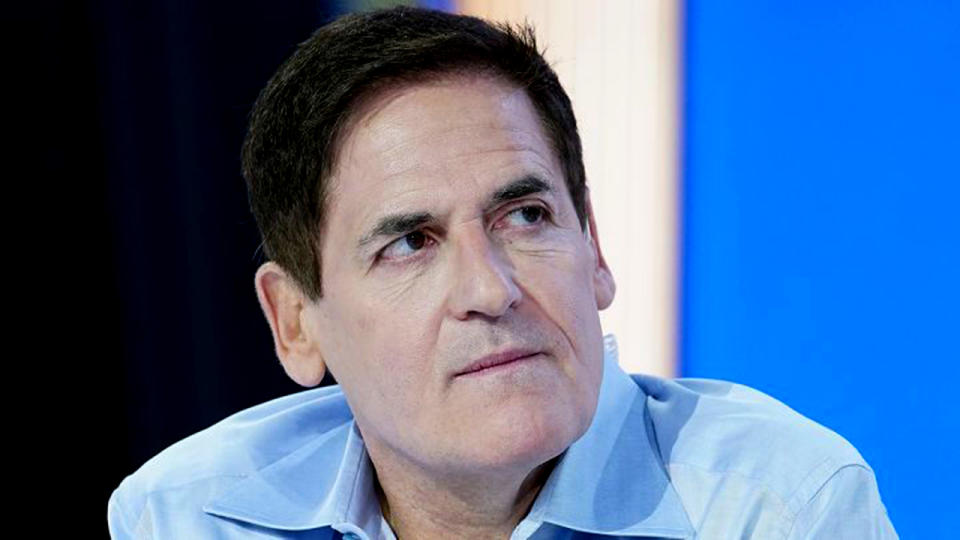Entrepreneur and Dallas Mavericks owner Mark Cuban has demanded the Federal Reserve take action and assume responsibility following the collapse of Silicon Valley Bank (SVB) Friday.
“The Fed should IMMEDIATELY buy all the securities/debt the bank owns at near par, which should be enough to cover most deposits,” Cuban wrote as part of a lengthy Twitter chain Friday. “Any losses paid for in equity and new debt from the new bank or whoever buys it. The Fed knew this was a risk. They should own it.”
“If the Fed doesn’t own it, trust in the banking system becomes an issue,” Cuban argued. “There are a ton of banks with more than 50 pct uninsured deposits.”
“What would be best practices to protect from a future run if your company writes millions in checks weekly?”
The Federal Deposit Insurance Corporation (FDIC) announced Friday that it would close Silicon Valley Bank, until then the 16th-largest bank in the U.S., marking the worst U.S. financial institution failure since the Great Recession 15 years ago.
The bank held a reputation as a go-to for a number of Silicon Valley industries and startups. Y Combinator, an incubator startup that launched Airbnb, DoorDash and DropBox, regularly referred entrepreneurs to them.

SVB’s collapse was so quick that, hours before its closure, some industry analysts were hopeful that the bank was still a good investment. The bank’s shares had fallen by 60% on Friday morning after a similar drop the day before.
Anxious depositors rushed to withdraw their money over concern for the bank’s health, causing its collapse, which may serve as “an extinction-level event for startups,” according to Y Combinator CEO Garry Tan.
SILICON VALLEY BANK COLLAPSE HITS COMPANIES SUCH AS CAMP, COMPASS COFFEE
Cuban, who made clear that he has no money with the bank, raised a number of questions about the bank and its oversight, finding it baffling that the bank operated as it did and perhaps unsurprising that it failed.
“It’s insane that a small company with say 2.5m in payables and payroll at the end of the month should be ‘prudent’ and split their cash across 10 banks in case of a run,” Cuban wrote. “The fees and admin would be crazy. But great for banks.”
“Where were regulators? They were supposed to watch and warn,” he continued. “Can’t wait to see how many people yanked their money, told others to, and shorted the stock.”
Cuban insisted that his suggested actions for the Fed were not a bailout, but instead “providing cash to end the run” and in turn acquiring “long–dated assets that will pay at maturity.”
CRYPTO FIRM CIRCLE HAS $3.3B EXPOSURE TO SILICON VALLEY BANK
“SVB didn’t buy failing assets,” he stressed. “No run, and they survive.”
While he has no money in the bank personally, Cuban acknowledged some of his portfolio companies have.
The Bank of England accelerated some of the bank’s problems by announcing Friday that it would seek a court order to move SVB into an insolvency procedure.
“SVB UK has a limited presence in the UK and no critical functions supporting the financial system. In the interim, the firm will stop making payments or accepting deposits,” the Bank of England said.
The closure of SVB has spilled over into other banks, both in the U.S. and abroad, with $100 billion lost in stock revenue domestically and $50 billion in value shed by European banks over the past two days, according to a Reuters calculation.
Reuters contributed to this report.
Source: finance.yahoo.com
